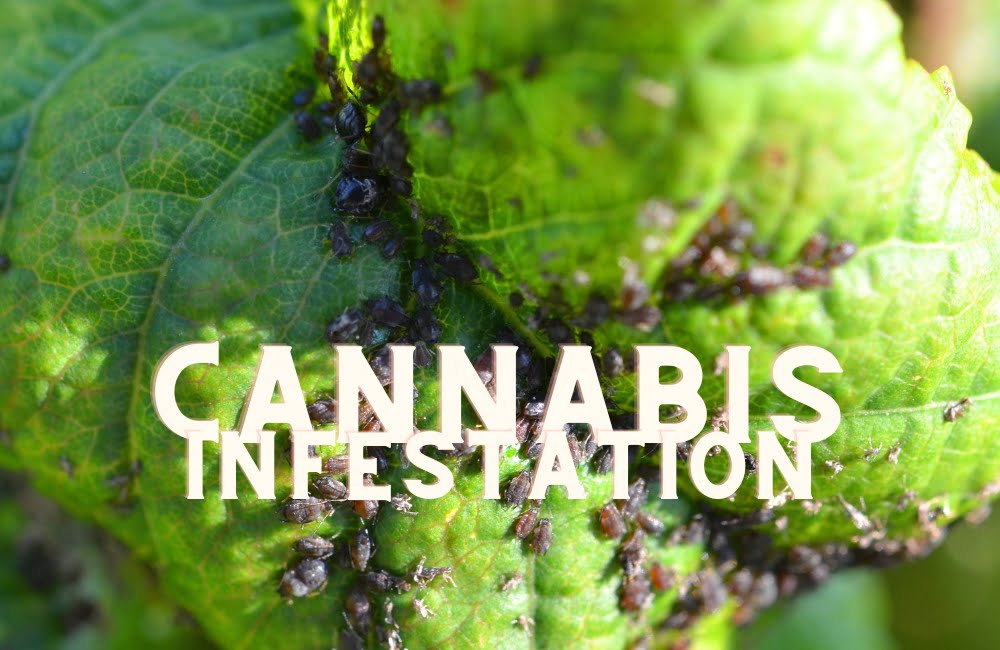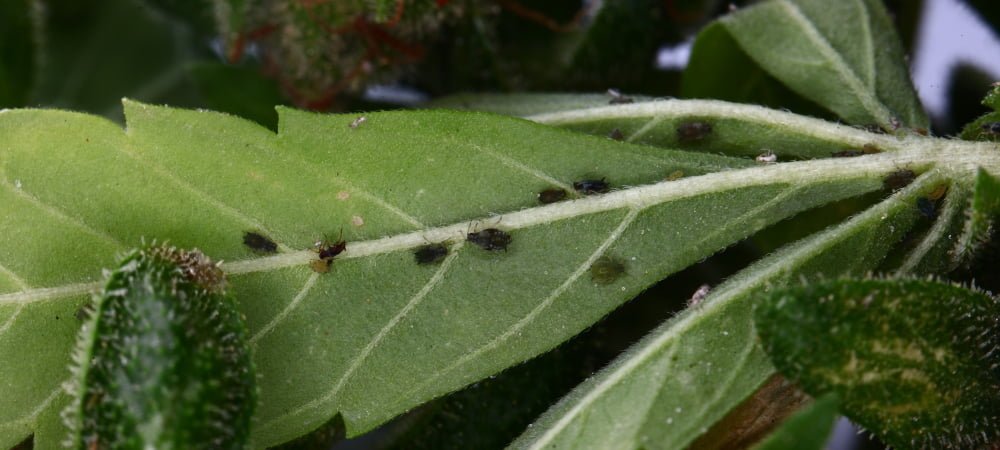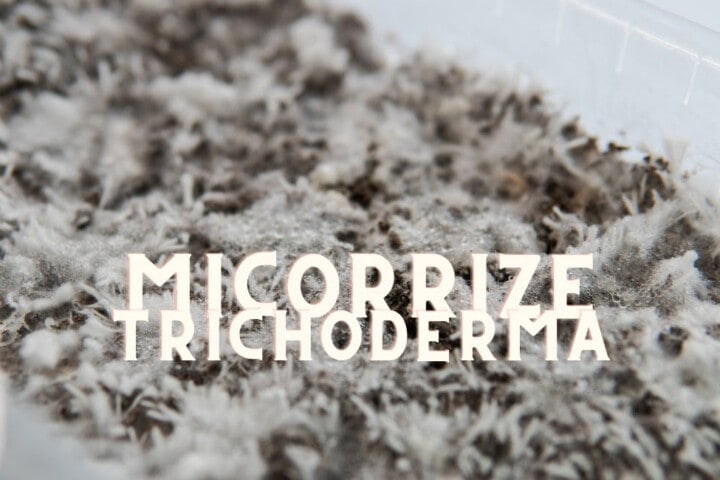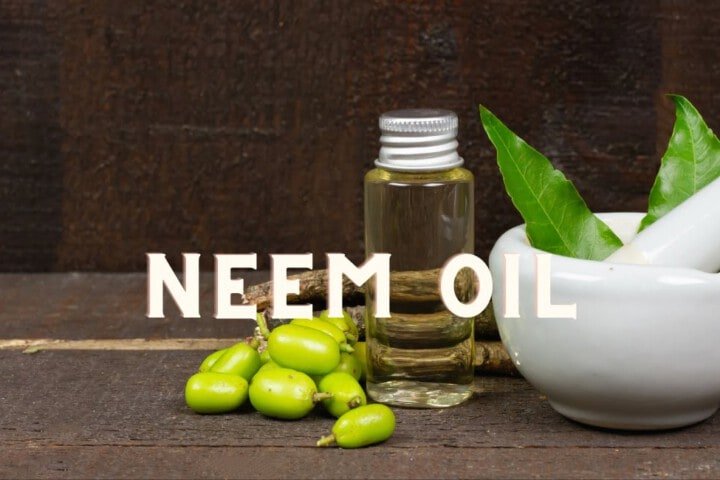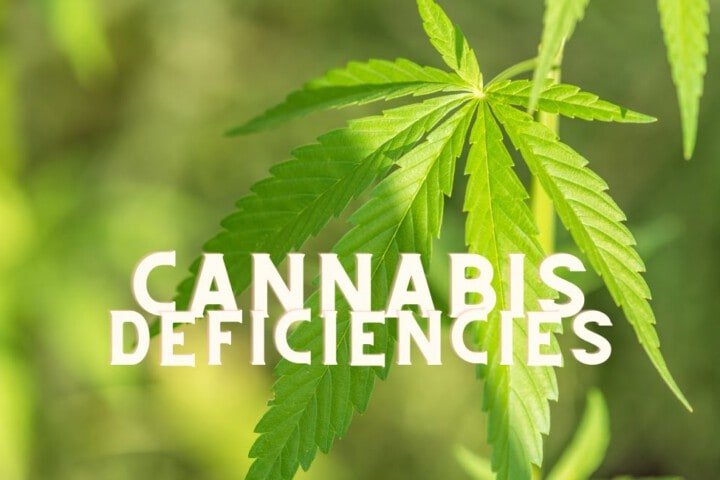Pest Infestations in Cannabis Cultivation
Welcome everyone to this new blog post about common pest infestations in growing Mariuana plants (how to prevent and how to cure them)! After having seen the Main Molds in a Cannabis Cultivation, fasten your seatbelts for this new article signed by the staff of Annibale Seedsshop!
Introduction to the Main Parasites of Weed Plants
The presence of pests and insects in cannabis cultivation can be a significant problem that can compromise plant health and crop quality.
This article will provide an accurate description of the five main insects and parasites that can occur in the cultivation of cannabis, the environmental causes that favor their appearance, the preventive measures to adopt, the methods of treatment when it is still possible to intervene, how to remove them from the buds once once harvested and being dried, and the health consequences of ingesting infested cannabis.
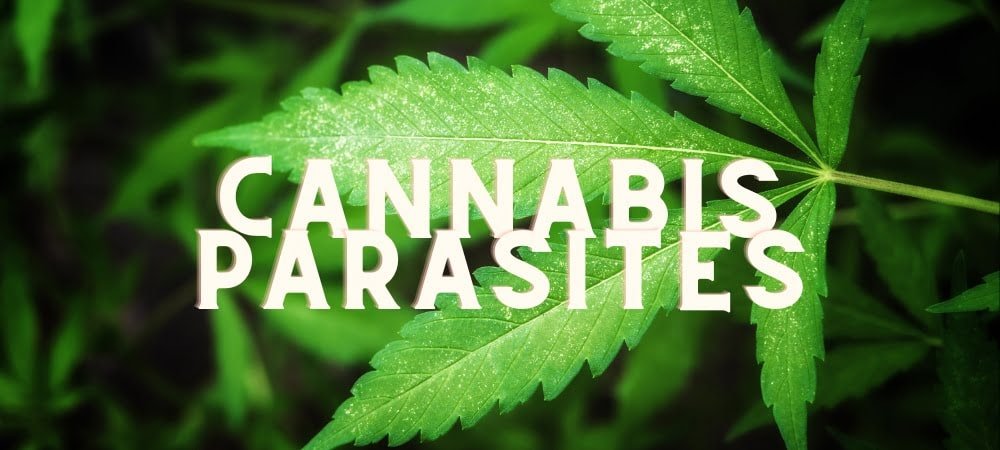
5 Main Pests in Growing Cannabis:
In cannabis cultivation, the top five insects and pests that can occur include:
- Mites: Tiny creatures that feed on leaves, causing spots, deformation and weakening of plants.
- Thrips: Small insects that feed on leaves and flowers, leaving signs of damage and causing general plant weakening.
- Aphids: Small insects that feed on plant sap, causing leaf deformation, wilting and facilitating the spread of fungal diseases.
- Whitefly: Small white insects that feed on plant sap, causing weakening, wilting and spreading viral diseases.
- Spider mite: Microscopic mites that feed on the leaves, leaving small bites and causing yellowing and leaf fall.
Environmental causes of the appearance of insects and parasites:
The presence of insects and pests in cannabis cultivation can be influenced by several environmental causes, including:
- High Humidity: Excessive humidity can favor the proliferation of insects and parasites.
- Moderate temperatures: Temperatures between 20°C and 30°C can favor the development of insects and parasites.
- Poor Hygiene: Poor hygiene in the growing area can create an environment conducive to the emergence of insects and pests.
- Poor Ventilation: Lack of proper ventilation can create stagnant conditions that favor the proliferation of insects and parasites.
Preventive Measures to Prevent Marijuana Pests:
To prevent the appearance of insects and parasites in the cultivation of Marijuana, it is important to take the following preventive measures:
- Constant Monitoring: Regularly inspect plants for early detection of insects and pests.
- Proper Sanitation: Keep the growing area clean, removing debris and dead leaves that can attract insects.
- Using Natural Predators: Introduce beneficial predatory insects such as ladybugs and praying mantises to control insect pests.
- Plant Rotation: Avoid growing cannabis in the same location for extended periods to reduce the accumulation of insects and pests.
Treatment Methods for Cannabis Insects and Pests (when possible):
If the presence of insects and parasites is detected in the cultivation of weed it is important to act promptly. However, it is vital to note that in some cases it is not possible to completely cure the infestation and the only solution is to get rid of it completely.
- Manual Removal: Manually harvest pests from weed plants and physically eliminate them to interrupt their reproductive cycle.
- Organic Treatments: Use organic plant-based products or essential oils to treat insects and pests without harming plants.
- Chemical Treatments: In extreme cases, specific chemicals can be used to eliminate insects and parasites. However, it is important to follow the manufacturer’s instructions carefully and pay attention to safety.
Removing Insects and Pests from Buds during Harvesting and Drying:
During the harvesting and drying phase of cannabis buds, it is essential to remove insects and parasites to ensure a high quality product. Here are some tips:
- Careful Inspection: Carefully inspect buds for insects or pests and remove them manually.
- Spontaneous Abandonment: In the case of an infestation of red spider mites, you can let them spontaneously leave the areas of the plant that have been nested. In fact, once the plants are hung upside down, the red spider mites will tend to move to the apical part over the next 24 hours.
- Washing the Buds: Gently wash the buds with a solution of water and white vinegar to remove any residual insects or parasites. This process can be facilitated by soaking the buds themselves, despite the loss of quality of the final product (the longer the weed is soaked, the more the quality of the final product will tend to decrease).
- Proper Drying: Make sure buds are completely dry before storing to avoid mold growth. This is the most common mistake of mold presenting in the herb once it has been harvested, so be very careful not to prematurely close the jars!
- Proper Storage: Store buds in airtight containers to avoid later insect or pest infestation.
Human Health Consequences of Consuming Infested Cannabis:
Smoking vermin-infested weed can pose health risks. Some consequences may include:
- Allergic Reactions: Some people may be allergic to insects or their secretions, developing allergic reactions such as itching, swelling, or a rash.
- Intoxication: Insects or parasites can carry toxins or pathogens that can contaminate cannabis, causing symptoms of intoxication.
- Respiratory Problems: Inhalation of insects or their parts can cause irritation of the respiratory tract and respiratory problems.
- Digestive Problems: If you choose to eat cannabis through cookies, etc…, the ingestion of insects or parasites can cause gastrointestinal discomfort such as nausea, vomiting or diarrhea.
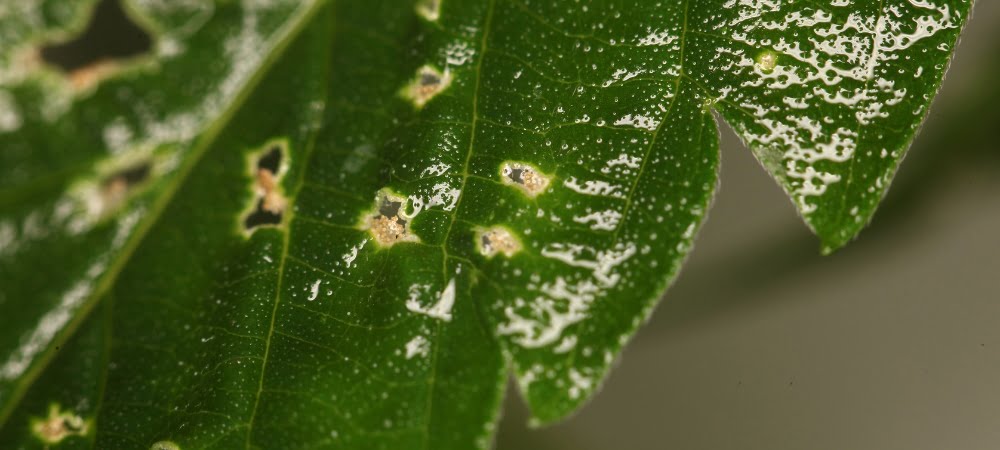
Conclusions…
The presence of insects and pests in cannabis cultivation can be a significant problem. Prevention, early identification and taking preventive measures are essential to ensure high quality and healthy cultivation.
Taking cannabis infested with bugs or parasites can pose health risks, so it’s important to be aware of and take the necessary steps to avoid such situations.
And this manual on the Main parasites in the cultivation of Cannabis comes to an end, hoping to have been of help to you, see you in the next article!
Greetings from the Annibale Seedshop Team!
Davide V, CEO, Founder & Geneticist


